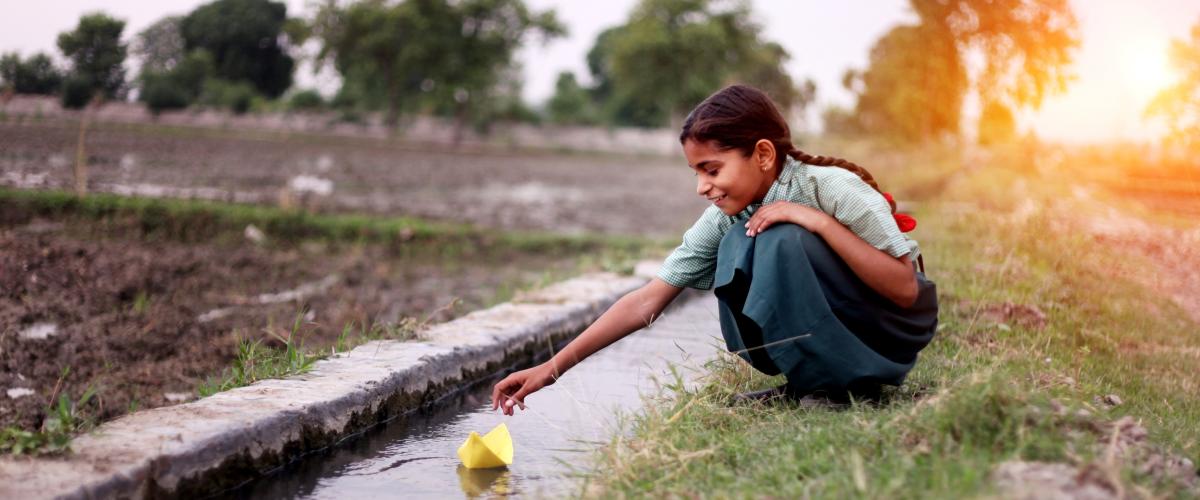
News
Fiji is set to use 360° Virtual Reality (VR) as a key part of its global push for stronger action on climate change at next month’s COP23 Climate Change conference.
More than 800 experts in disaster risk management from across the world were in London on Monday to take part in the week-long Understanding Risk Forum. The experts come from different backgrounds which include civil society, governments, private companie
Climate change cannot be isolated from other drivers of disaster risk, and needs to be tackled alongside them.
Natural disasters pose the greatest risk to cities in an increasingly urbanised world, and could cost $314bn worldwide each year by 2030, the World Bank has warned. This compared with a $250bn cost today, and came with the risk that 77m more urban residen
At the One Planet Summit, the World Bank Group made a number of new announcements in line with its ongoing support to developing countries for the effective implementation of the Paris Agreement’s goals.
A conversation with Dr. Ben Fox of the World Bank Group, about the Bank’s work to reduce the economic burden of natural disasters
A new report from the World Bank identifies factors that increase the risk of environmental-induced disaster and outlines ways to change the disaster reduction landscape.
Goats and Soda spoke with [GFDRR's Stephane] Hallegatte about how natural disasters disproportionately hurt the poorest people — and ways to help mitigate some of that damage.
The great disasters of the past – like the eruption of Vesuvius in 79 AD or the hurricane that devastated Santo Domingo in 1930 – can provide valuable lessons to help governments and institutions increase the resilience of communities in the face of modern challenges, such as climate change and rapid urbanization.
The beginning of the month marked the start of the third season of the Pacific Catastrophe Risk Insurance Pilot. The program has already proven its rapid response capability as Tonga received a payout of US$ 1.27 million two weeks after Cyclone Ian.
